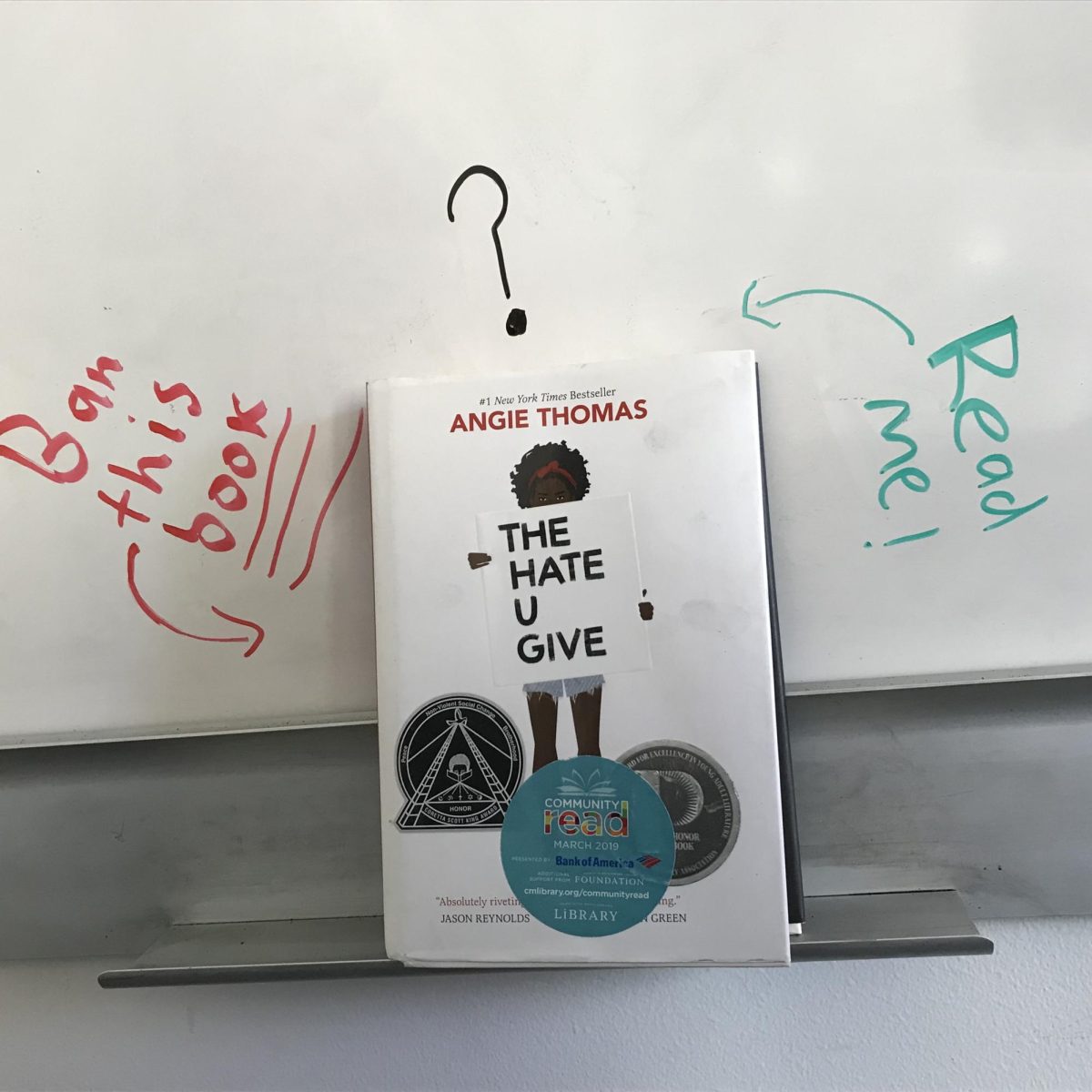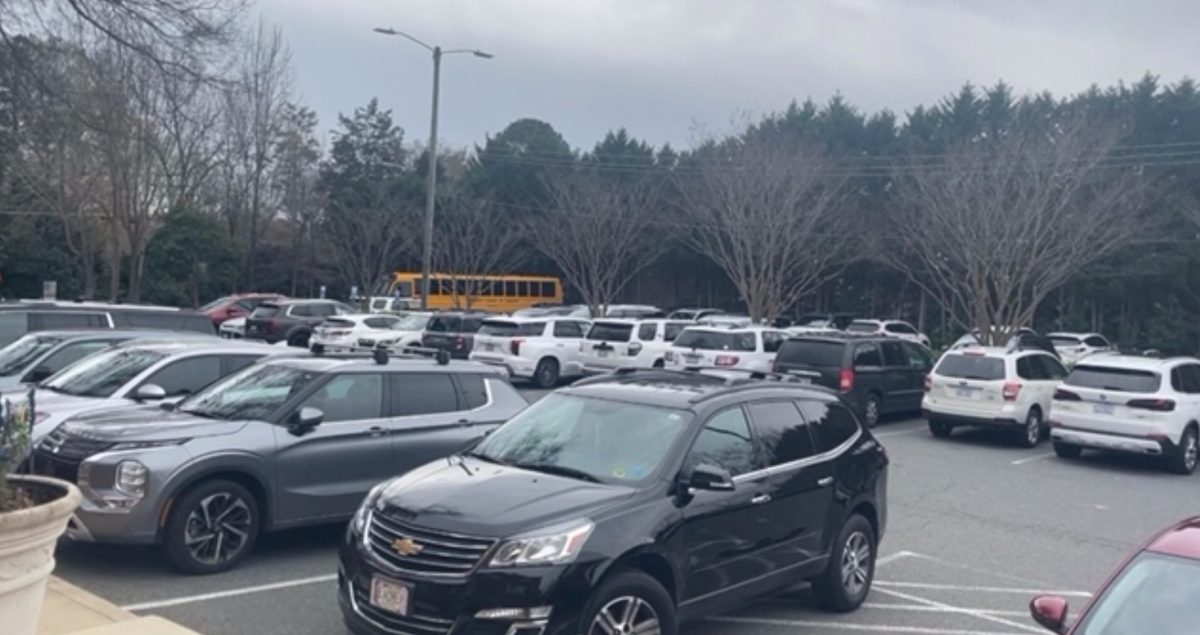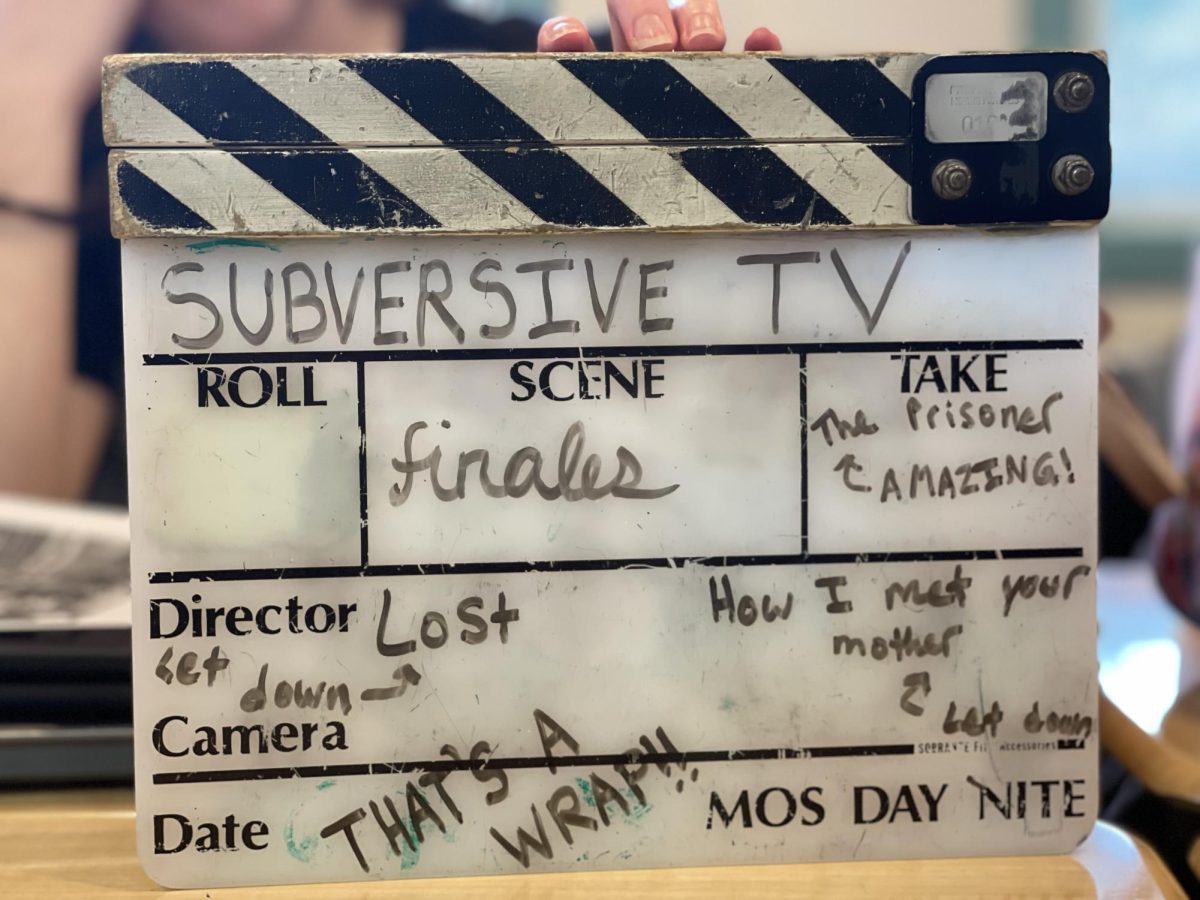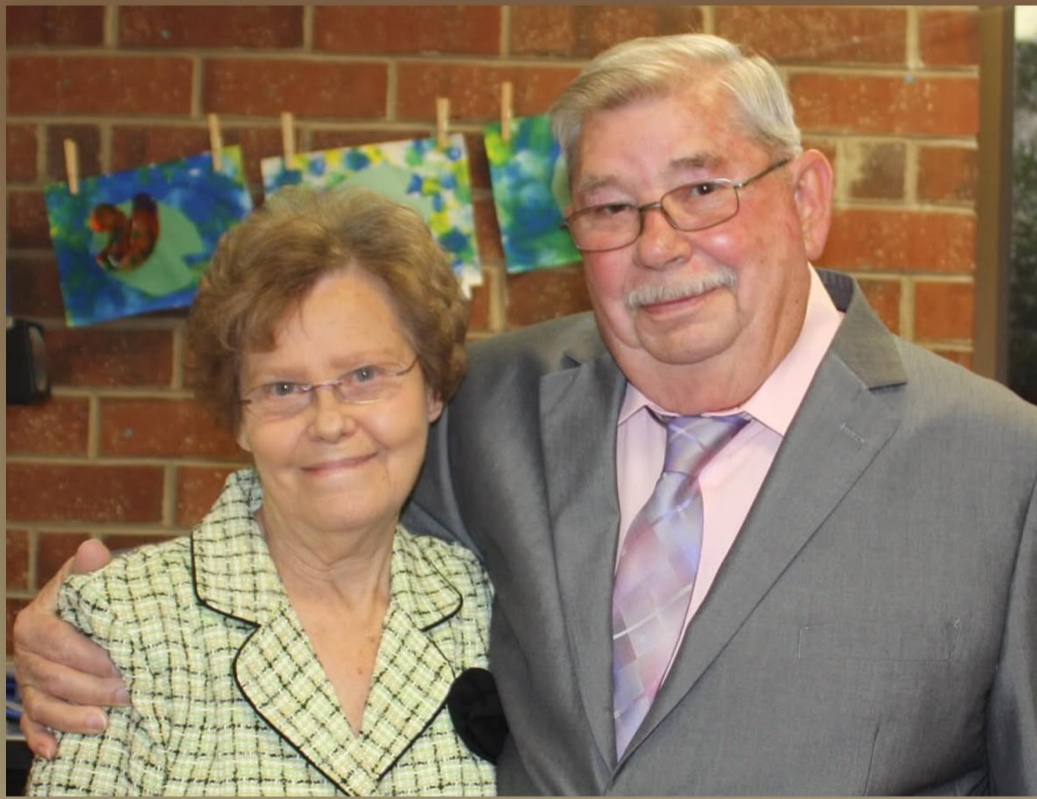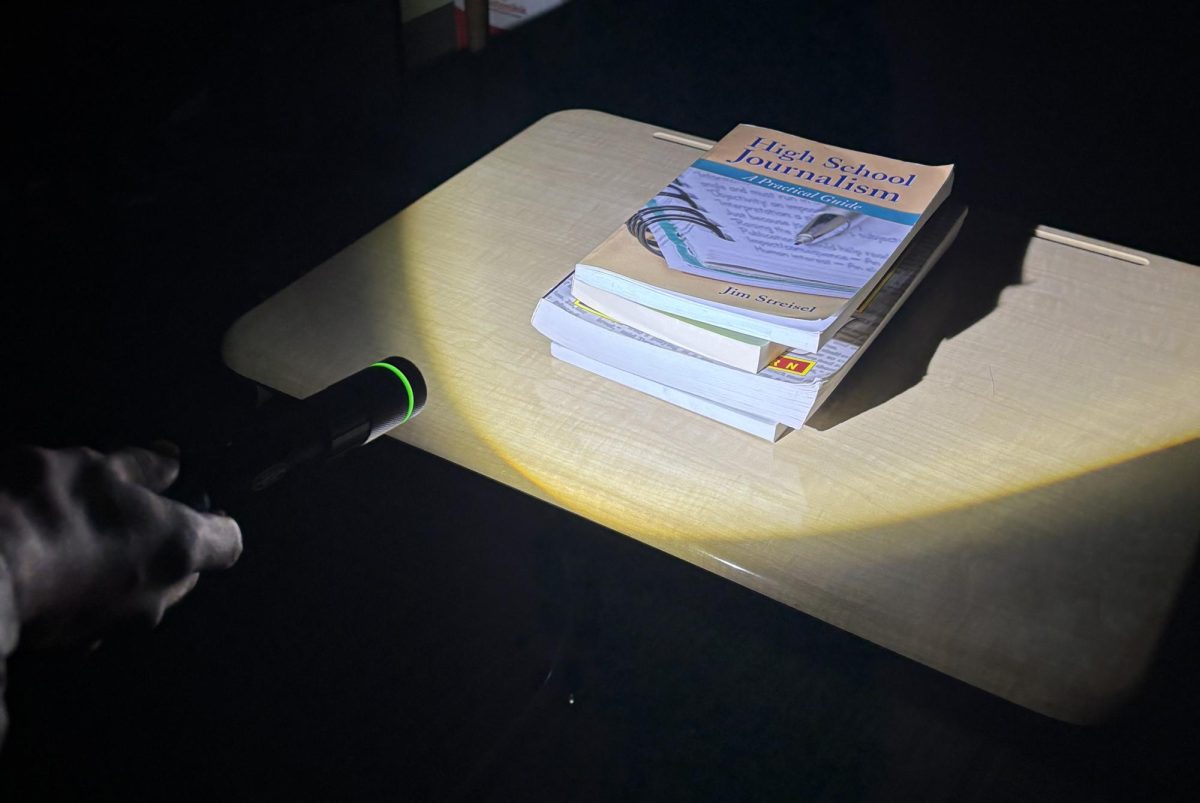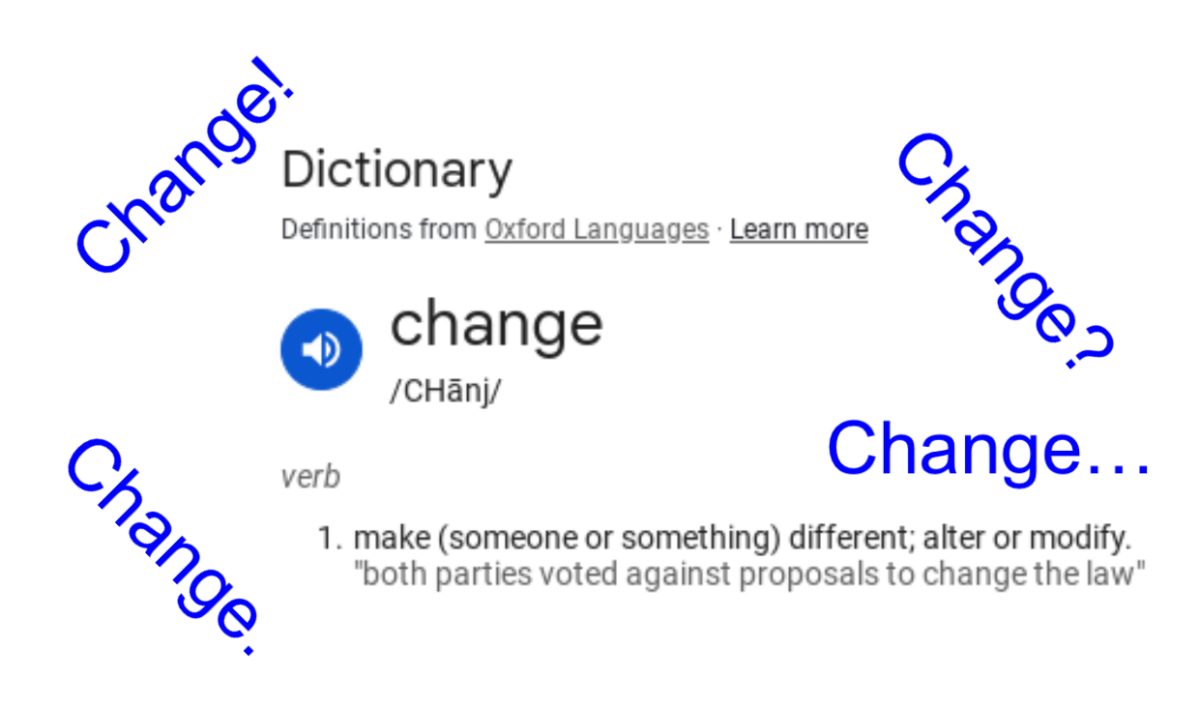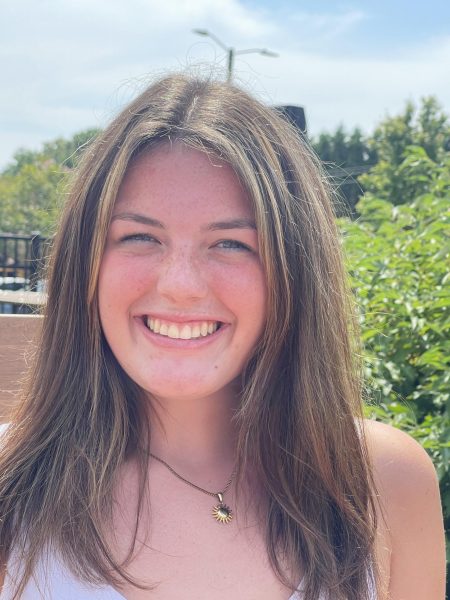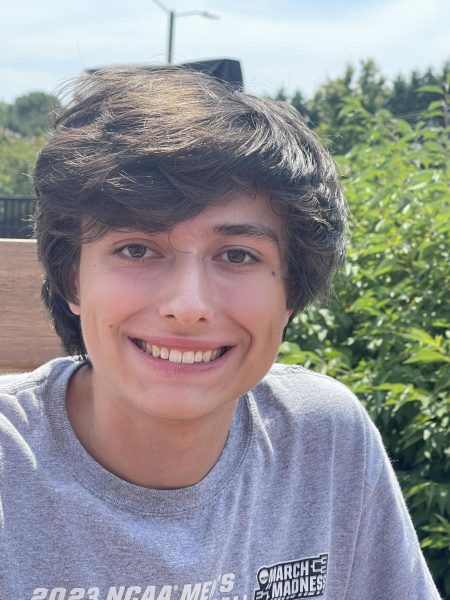Since the 1950s, books as fun and childish as Tarzan to books as serious as 1984 have been banned in schools and communities across the country for a variety of reasons.
It gets worse, too. Charlotte’s Web was challenged in Kansas because “talking animals represent the utmost blasphemy.”
Where The Wild Things Are was banned due to sending a child to bed without food. That act was “likened to child abuse.”
California tried to censor Little Red Riding Hood (1987) simply because there had been wine in her basket.
Also in California, Tarzan was banned from a public library “because Tarzan and Jane cohabit in the treetops without getting married.”
It seems as though people find any reason they can to ban any book.
EXAMPLES FROM GENERATION Z
All four of these books are classics that Generation Z grew up reading and loving. If you think about it, the reasons these books are being banned are about things that no kid is going to think about or process.
Chances are the target Charlotte’s Web age group doesn’t even know what the word blasphemy means.
If states ban books for reasons as little as talking animals, a bottle of wine, skipped meals, etc. where does it ever end?
Books are no worse than movies, TV shows or landing spots on the Internet. If anything, books are better, and more censored, than the other forms of media and learning most kids all have access to with a simple click or swipe.
Why then are books being taken away, when things that could be classified as worse are not? Every reason a book is banned can be found easily on the Internet, so why are we still banning books?
CONTENT MATTERS
Top 13 Most Challenged Books of 2022 lists books such as All Boys Aren’t Blue, Looking for Alaska, The Perks of Being a Wallflower and A Court of Mist and Fury. When researching why these books have been challenged or banned, a lot has to do with mention of drug use, sexually explicit content and sexuality.
While it’s easy to understand why some schools wouldn’t want to promote these topics, the truth is these topics can never be hidden from the public.
Students learn about these topics in one way or another so why not add resources and teach about it in school where kids can get the correct information? It appears that those who choose to ban books feel it is easier to take away and limit rather than add and enhance.
An easier and less controversial way to “ban books” is to simply give families/kids the option to read their choice of books.
From a parent’s perspective, “I think books are super important for educational purposes and for entertainment purposes. It should be up to the individual to choose books of their choice,” Nicole Washburn, mother of three teenagers, said.
Schools such as the Community School of Davidson (CSD) in Davidson, North Carolina, have been doing this with certain books recently because of the controversial topics they may include. This is a much better direction than completely banning the book outright.
“No, I do not think that the government should have a say in what we, as individuals, read. If kids are too young, their parents should be the deciders,” Sarah Behnke, 11th and 12th grade CSD English teacher, said about why she doesn’t ban books in her classroom.
Books such as The Great Gatsby, Frankenstein, and 1984 include important learning lessons valuable for secondary school learning and by banning them schools ultimately deprive students of learning what these books have to offer.
These books help people be socially aware. Frankenstein shows students that without moral ethics, people can take things way too far. 1984 teaches about how the privileged and the poor are divided and a world where everything is under government surveillance.
All these books express universal themes that everyone should process and understand.
CULTURAL IMPACT
Banning books also has a strong cultural impact. The Hate U Give was banned for “its depictions of racism and anti-police views.” Banning The Hate U Give and books like it stops kids from learning about how deep and serious racism can get. It makes it seem like these topics aren’t important.
There’s no sense in pretending that our world doesn’t deal with these issues by banning books written by authors who aren’t afraid to say what needs to be said.
David Oliver, a writer for USA Today, brings up a good point in his article, What happens to our culture when books are banned: ‘A chilling effect’, “It’s expected white people won’t make up the majority of people in the U.S. by the 2040s, so kids today ‘must be able to have a shared identity in our country and an understanding of our history’,” David Oliver said.
In the long run, banning books takes away from important educational needs. And it downplays world-known problems, too.
How can these problems be solved when people act like they’re not happening all around us?
Books offer solutions. We learn from books. Books contain answers.

